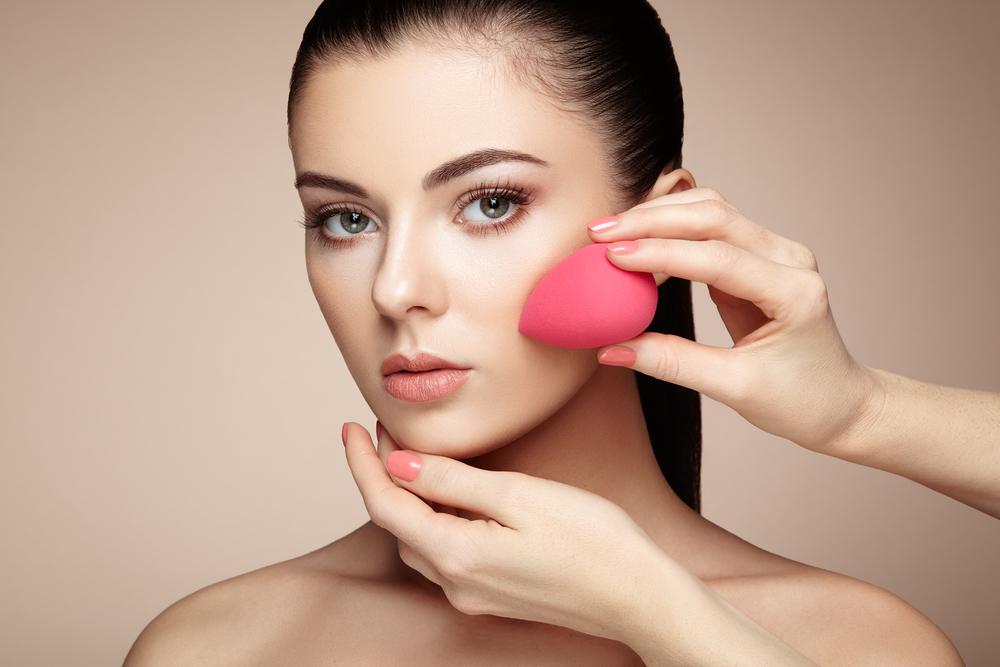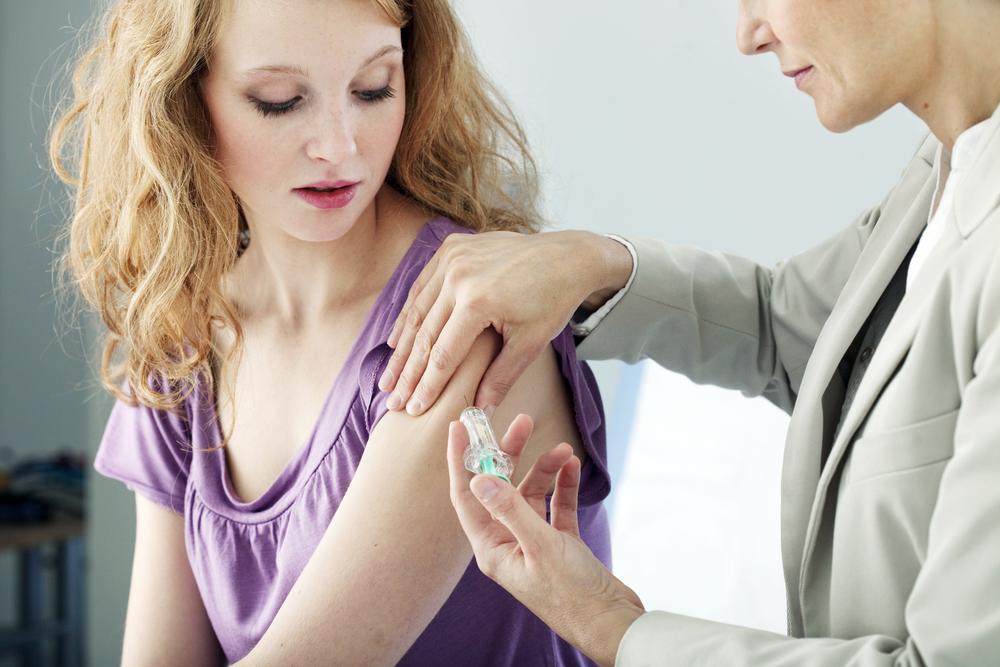Comprehensive Guide to Over-the-Counter Treatments for Eczema Relief
Eczema management can be effectively achieved with over-the-counter remedies combined with proper skincare routines. This comprehensive guide discusses common OTC options like corticosteroid creams, moisturizers, antihistamines, and lifestyle tips to help control symptoms and prevent flare-ups. Tailoring treatments to individual needs and consulting healthcare professionals for severe cases ensure optimal care and improved quality of life.

Comprehensive Guide to Over-the-Counter Treatments for Eczema Relief
Eczema, also known as atopic dermatitis, is a chronic skin condition that affects millions worldwide. Characterized by persistent dryness, itching, redness, and rashes, eczema can significantly impact quality of life. While it often requires medical attention, many sufferers find relief through over-the-counter (OTC) remedies that effectively manage symptoms and reduce flare-ups. This comprehensive guide explores the most effective OTC options, best skincare practices, and lifestyle modifications to control eczema symptoms and promote healthy skin.
Understanding eczema is the first step toward effective management. The condition involves inflammation and a compromised skin barrier, which makes the skin more vulnerable to irritants, allergens, and infections. The severity of eczema can vary from mild irritation to severe, widespread dermatitis requiring prescription medications. Nevertheless, many minor to moderate cases can be effectively handled with OTC solutions tailored to soothe, hydrate, and protect the skin while minimizing triggers.
One of the primary OTC treatments for eczema involves corticosteroid creams. Hydrocortisone, the most common OTC corticosteroid, helps reduce inflammation, redness, and itching. Available in strengths typically 1%, hydrocortisone can be applied directly to affected areas to provide quick relief. However, prolonged or excessive use can cause skin thinning and other side effects, so it’s important to follow usage instructions and consult a healthcare professional if symptoms persist.
Nonsteroidal anti-inflammatory ointments are also gaining popularity as alternatives for eczema management. Crisbarole (also known as crisaborole) is an example of a nonsteroidal cream that can decrease inflammation without some of the traditional steroid-associated risks. It is often recommended for sensitive skin areas and long-term management, especially for children or those prone to skin thinning. As with all medications, proper application and monitoring are essential for safe and effective use.
Moisturizers play a pivotal role in eczema control. Barrier repair creams and emulsions help lock moisture into the skin, restoring its integrity and reducing dryness and itchiness. Emollients containing ceramides, glycerin, or petroleum jelly are highly beneficial. These products create a protective layer on the skin surface, shielding it from environmental irritants and preventing further water loss. Regular application—multiple times daily—is advised, especially after bathing or washing.
Lotions such as pimecrolimus are another professional-grade option for reducing inflammation. While effective, these medications must be used cautiously and under medical guidance, as improper use can lead to side effects or reduced efficacy. Pimecrolimus works by modulating the immune response in the skin, alleviating persistent eczema symptoms.
In severe cases, OTC remedies alone may not suffice. These situations might require prescription medications such as oral corticosteroids, immunosuppressants like cyclosporine, or biologic agents. These treatments must be carefully managed by healthcare providers due to their potential side effects and complexity. For secondary infections, antibiotics may be prescribed to control bacterial overgrowth, commonly caused by scratching or skin breaks.
Antihistamines are another helpful class of OTC medications, particularly for controlling itching that worsens at night or due to allergies. Regular use can reduce the urge to scratch, thereby preventing skin damage and infection. Examples include diphenhydramine and loratadine, which are generally safe when used as directed.
Phototherapy, involving controlled exposure to ultraviolet (UV) light, is a specialized treatment sometimes available through dermatologists. While not available OTC, it is an effective option for chronic and severe eczema cases that do not respond to topical therapies. This treatment modulates immune activity in the skin but requires supervision to prevent adverse effects like sun damage or skin aging.
In addition to medications, adopting good skin care routines is essential for eczema management. Bathing with mild, fragrance-free cleansers, avoiding long or hot showers, and patting the skin dry gently help preserve moisture. Immediately after bathing, applying moisturizer while the skin is still damp seals in hydration. Avoiding common irritants—such as harsh soaps, synthetic fabrics, fragrances, and known allergens—can significantly reduce flare-ups.
Protecting skin from environmental triggers is also vital. Wearing soft cotton clothing, avoiding excessive sweating, and shielding skin from harsh weather conditions, including cold and wind, are practical steps. Sun protection using broad-spectrum sunscreens can prevent UV-induced skin damage that might exacerbate eczema symptoms.
Individuals with eczema should pay close attention to lifestyle factors that influence skin health. Stress reduction techniques, maintaining a balanced diet, and staying well-hydrated support overall skin resilience. Regularly reviewing trigger factors—such as specific foods, perfumes, or environmental allergens—can help tailor personalized management plans.
Living with eczema requires ongoing care and awareness. While OTC remedies provide valuable relief for mild to moderate cases, severe or persistent symptoms should be evaluated by healthcare professionals. Customized treatment plans, which may include prescription medications and specialized therapies, ensure comprehensive management of this chronic condition.
In summary, effective eczema management hinges on a combination of suitable OTC medications, diligent skincare routines, lifestyle modifications, and professional medical guidance when necessary. By understanding the available options and adopting healthy habits, individuals with eczema can significantly improve their skin health and quality of life.
Proper use of OTC remedies combined with good skincare practices empowers eczema sufferers to control their symptoms effectively. Consulting healthcare professionals ensures tailored treatment plans, especially in severe cases, leading to better skin health and relief from chronic discomfort.





